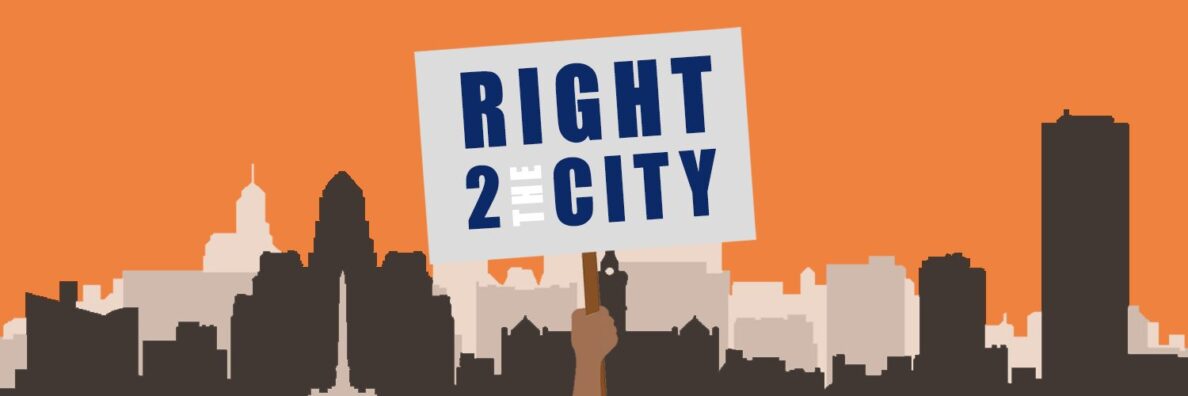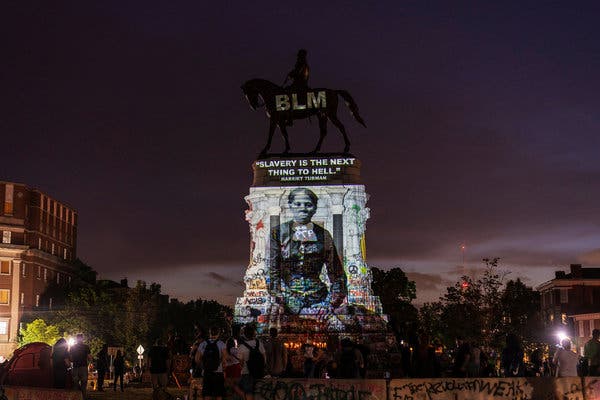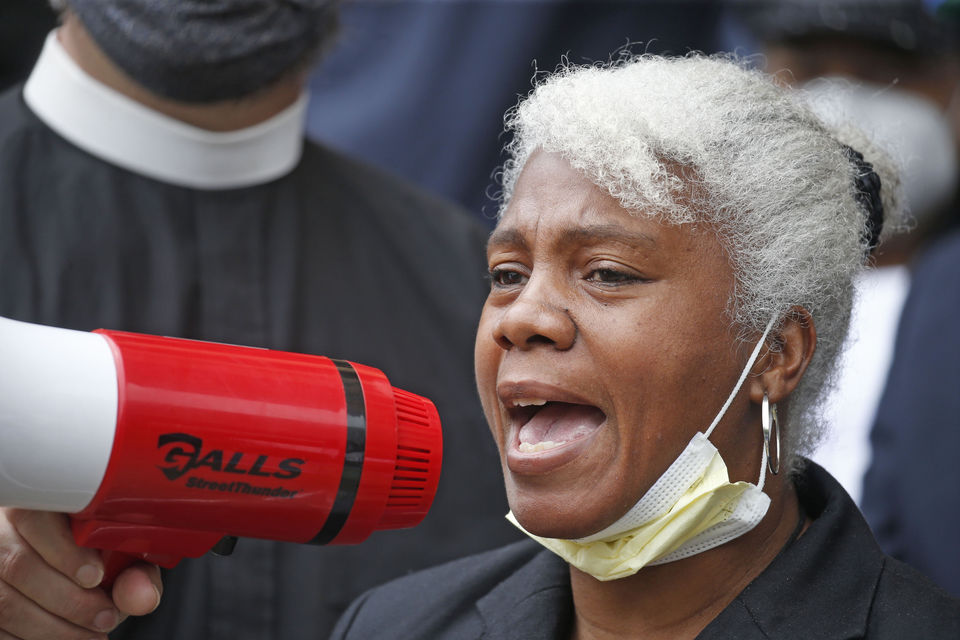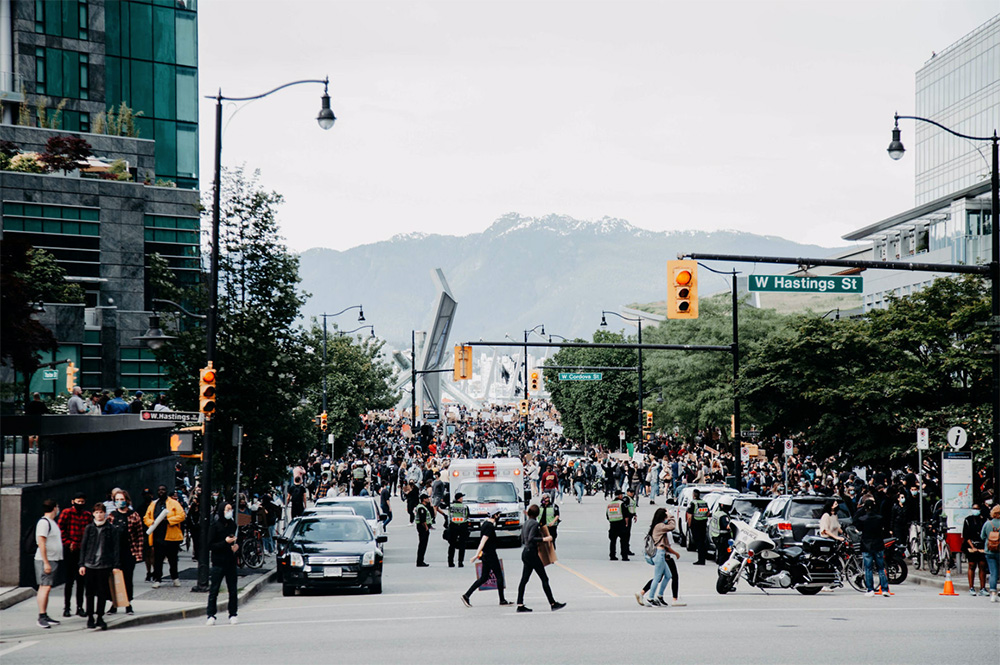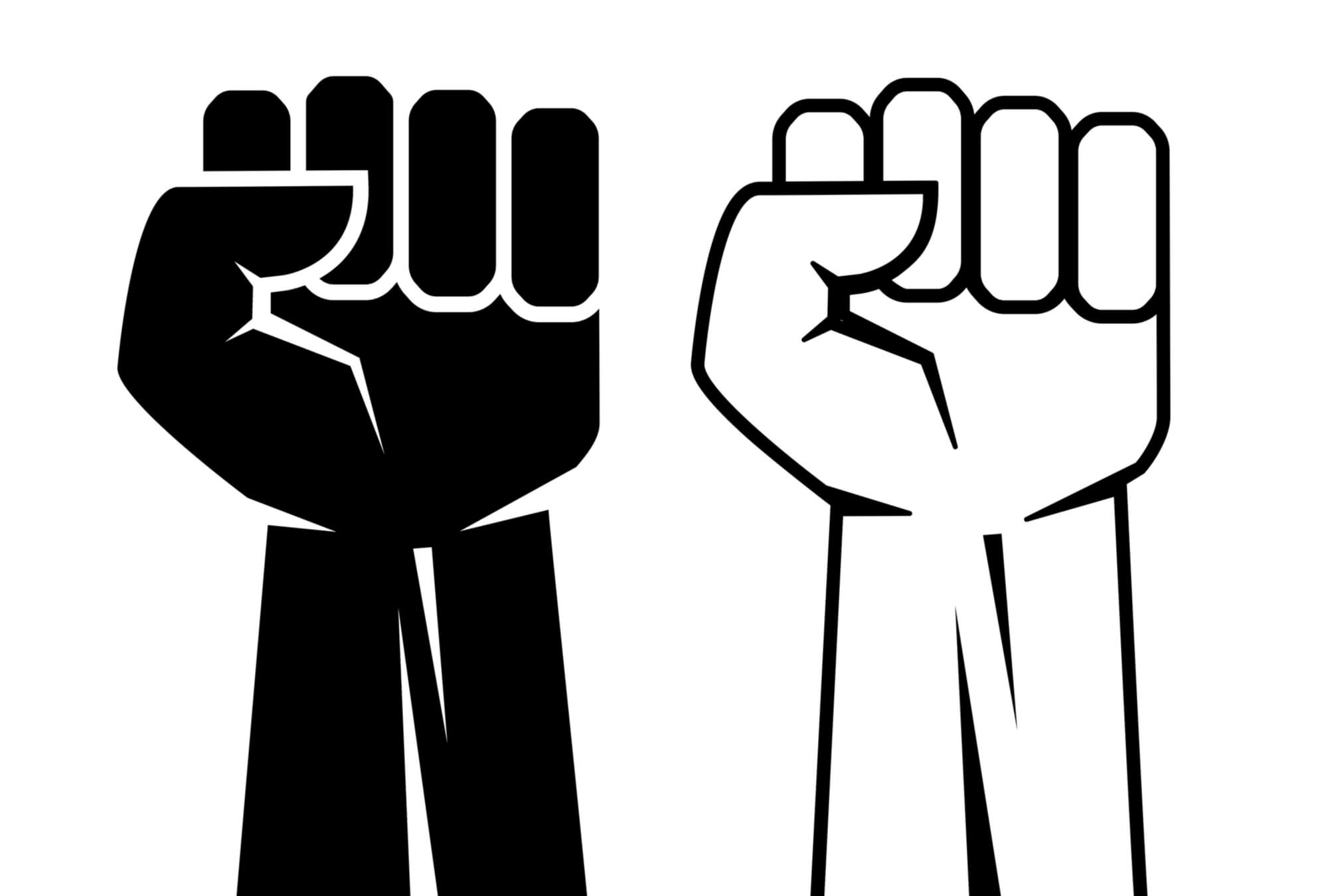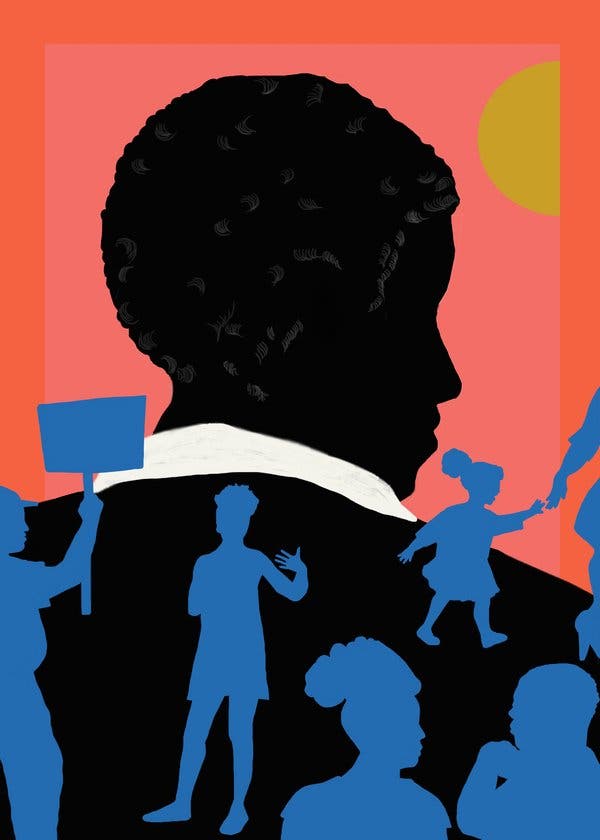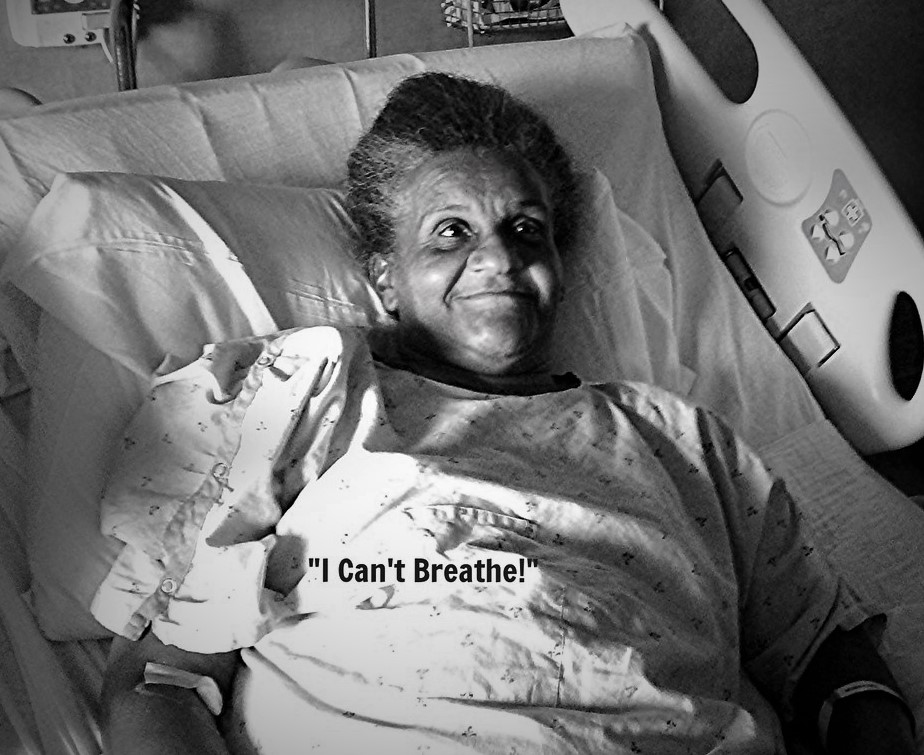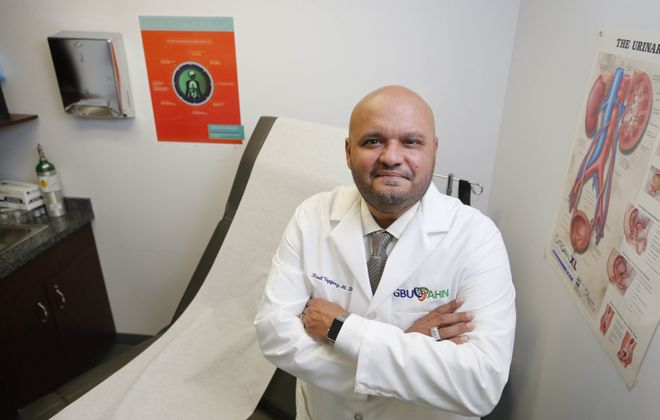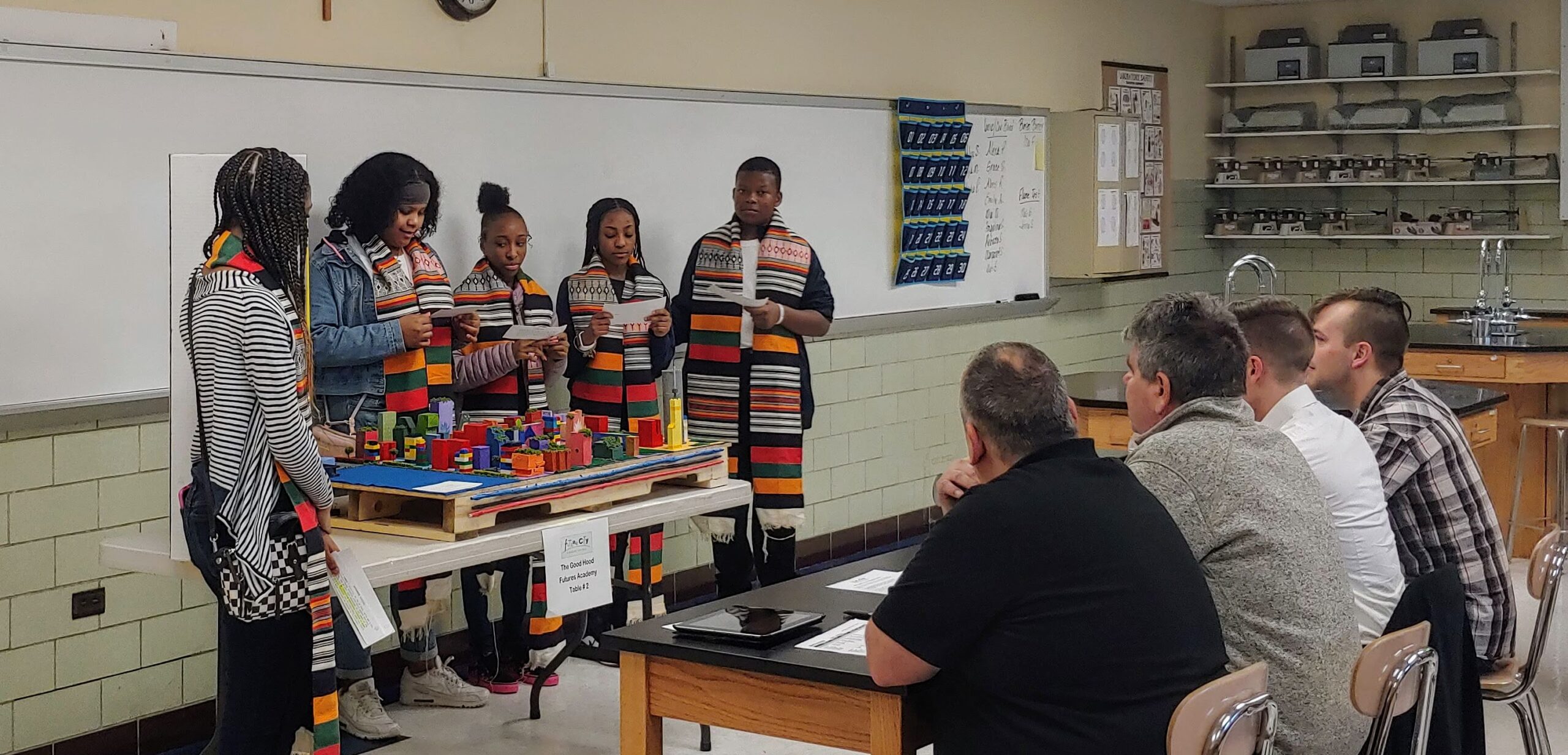How I Became a Police Abolitionist
By Derecka Purnell
Read the full article from The Atlantic, here.
“The first shooting I witnessed was by a cop. I was 12. He was angry that his cousin skipped a sign-in sheet at my neighborhood recreation center. I was teaching my sister how to shoot free throws when the officer stormed in alongside the court, drew his weapon, and shot the boy in the arm. My sister and I hid in the locker room for hours afterward. The officer was back at work the following week.”
